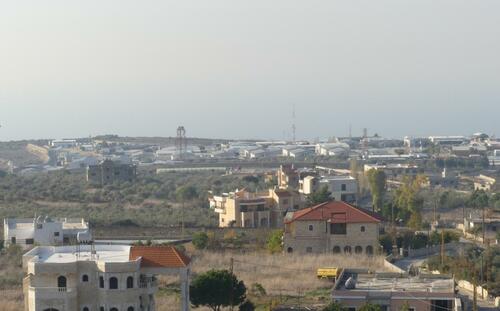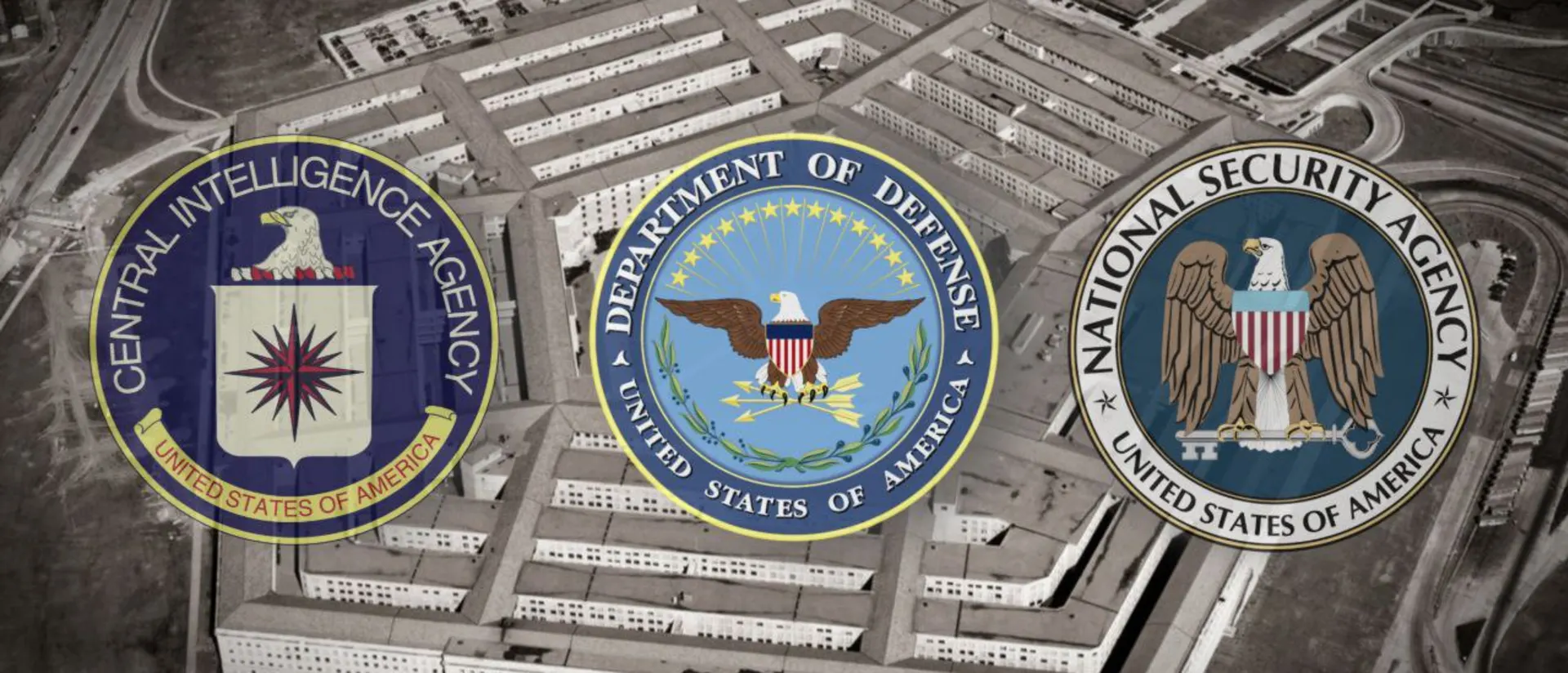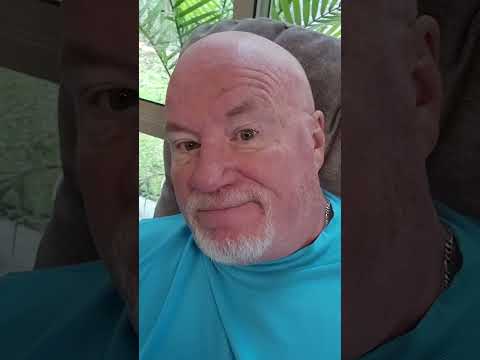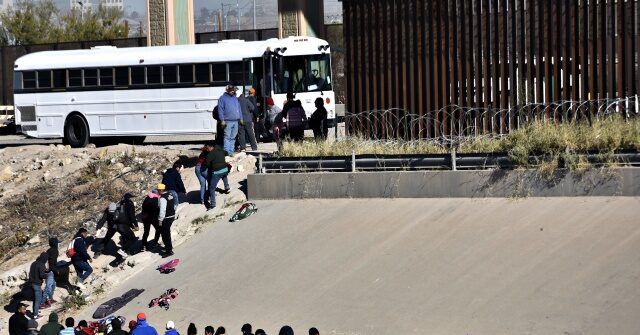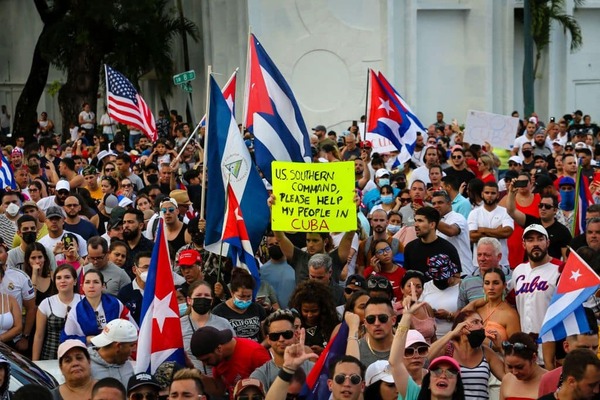
Cuba is tottering on the brink of complete economic collapse after decades of deprivation following the communist revolution of Fidel Castro 65 years ago. It has come down to the country’s national electric grid chronically failing and residents experiencing frequent blackouts, The Guardian reported Friday. When there’s no power, air conditioning – where it exists – doesn’t work, refrigerators fail, food rots and the water doesn’t run.
When Cuba isn’t in the midst of emergency blackouts, normal means having power for about four hours a day. It has worn down even further a nation that has been lauded by the left for its health and education system but hasn’t known extended prosperity but only shortages of virtually everything during its communist era.
“Cubans have a cheerful idiosyncrasy,” Julio César Rodríguez, 52, told The Guardian. “Even when things are bad we laugh. But this is really bad.” The “really bad” began on Oct. 17 when the government told all non-essential state workers to take a holiday. It was a desperate attempt to save power but it didn’t work for long as the next day the power grid failed. It began with a power station named Antonio Guiteras crashing and that created a chain reaction of power malfunctioning.
“It’s very hard to restart a power station,” a retired engineer from Antonio Guiteras told The Guardian anonymously. “You need to produce a lot of electricity just to get it going.”
Antonio Guiteras dates from 1989, 30 years after the revolution and it has become a metaphor for the Cuban state: run-down and obsolete. “The truth is that it was built rotten,” said the engineer, noting that it never functioned at anything near peak performance and its operation has been subject to the whims and incompetence of political magistrates.
“There was a scheduled maintenance programme, but it was never followed,” he told The Guardian. “The requirements were too tight. We were told: ‘The factory has to produce, so patch it up.’”
The government doesn’t deny the power station is completely inadequate but attributes this to the U.S. embargo placed on Cuba after it nationalized American companies early in the regime’s history. President Miguel Díaz-Canel says “financial and energy persecution” continue to impede Cuba from importing fuel “and other resources necessary.”
When Cuba walked away from the US as its major trading partner, it found new ideological and economic allies in Russia and then Venezuela. But neither of these countries are up for maintaining a Cuban colony by topping up its faltering economy. Cuban Prime Minister Manuel Marrero recently told the country in a televised address – seen by those who own television sets or computers – that the country’s struggling private sector can expect to pay more for power while the government focuses on renewable or green energy for the country’s dire energy needs.
One of those options is solar energy and there’s lots of sunshine in Cuba. But attempts to harness that energy have failed because the companies contracted to establish the necessary infrastructure are not paid. “The government isn’t stupid,” a foreign businessman told The Guardian. “But there is no money.”
This Story originally came from humanevents.com
Stay Updated with news.freeptomaineradio.com’s Daily Newsletter
Stay informed! Subscribe to our daily newsletter to receive updates on our latest blog posts directly in your inbox. Don’t let important information get buried by big tech.
Current subscribers:

